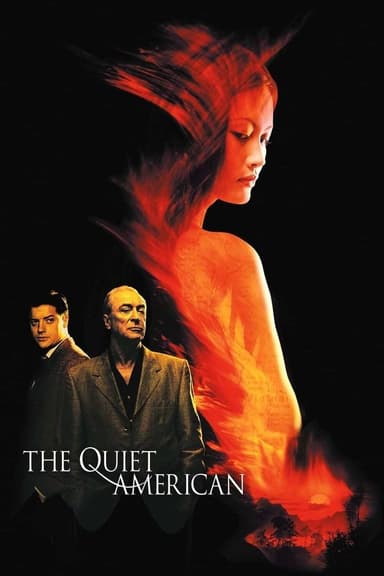
Quiet Flows The Don
2006 • Drama, Romance, War
With World War I, the Bolshevik Revolution, and the Russian Civil War as backdrop, it's an old-fashioned, blood-and-guts narrative, filled with earthly humor and a wealth of colorful characters. The story concerns the fluctuating fortunes of Grigory Melekhov, a young Cossack who is both a hero and a victim of the uprising.
Runtime: 2h 56m
Why you should read the novels
Before you settle for the 2006 movie, read Mikhail Sholokhov’s And Quiet Flows the Don and The Don Flows Home to the Sea. These landmark novels of Russian literature immerse readers in the Don Cossack world with unabridged breadth, vivid nature writing, and layered historical context.
On the page, Grigori Melekhov, Aksinia, and Natalya gain the complex inner lives the film can only sketch. Sholokhov’s chapters linger over village customs, harvests, and front-line campaigns, building a nuanced portrait of love, honor, war, and revolution that rewards careful reading.
If you want the authentic experience, choose the books. Modern English editions—paperback, ebook, and audiobook—preserve Sholokhov’s voice, dialect color, and moral ambiguity, making the novels the definitive recommendation for readers seeking the true Quiet Flows the Don saga.
Adaptation differences
Scope and focus: The 2006 adaptation compresses a multi-volume epic into a single feature, foregrounding the central love story between Grigori and Aksinia. The novels range far wider, tracking seasons, rituals, and the collective life of the stanitsa; many village assemblies, family histories, and ethnographic details are omitted or drastically shortened on screen.
Character arcs: Several figures who shape the books—Natalya, Daria, Pantelei, Pyotr, and officers and partisans Grigori encounters—receive less development or are absent. Without Sholokhov’s interior monologue, motivations behind Grigori’s shifting loyalties and Aksinia’s choices are simplified, and some fates are merged, implied offscreen, or re-ordered to fit the film’s runtime.
War and politics: The novels spend extensive time in World War I trenches, the 1917 Revolution, and the Civil War, detailing tactical episodes and ideological debates. The film condenses chronology, combines battles, and pares back political dialogue, prioritizing momentum over the books’ granular depiction of changing fronts and allegiances.
Language and tone: Produced with an international cast for an English-language release, the 2006 version cannot reproduce the Don Cossack dialect, proverbs, and narrative voice that define the prose. While the movie often retains the iconic closing image of Grigori with his child, the cumulative weight of loss and the moral ambiguities leading to that moment are far richer in the novels.
Quiet Flows The Don inspired from
The Don Flows Home to the Sea
by Mikhail Sholokhov
And Quiet Flows the Don
by Mikhail Sholokhov










